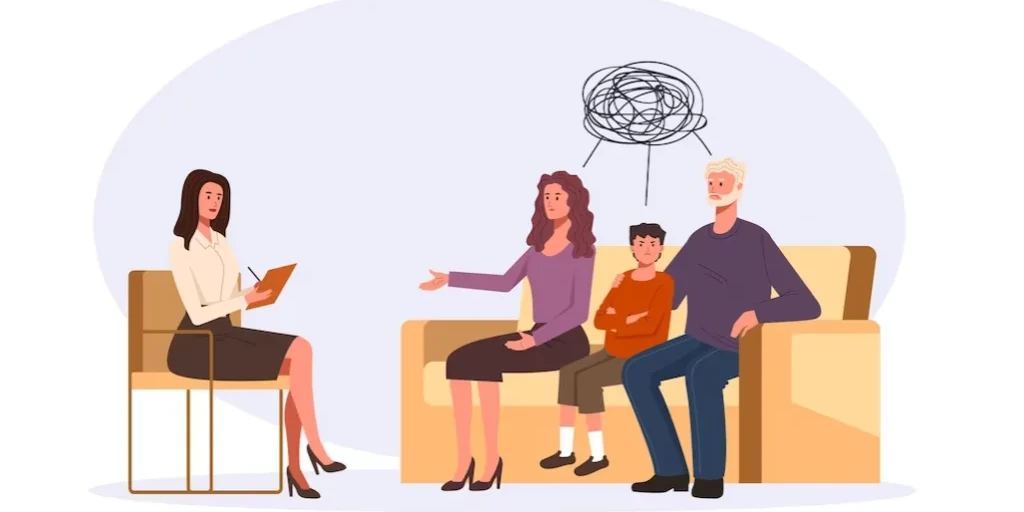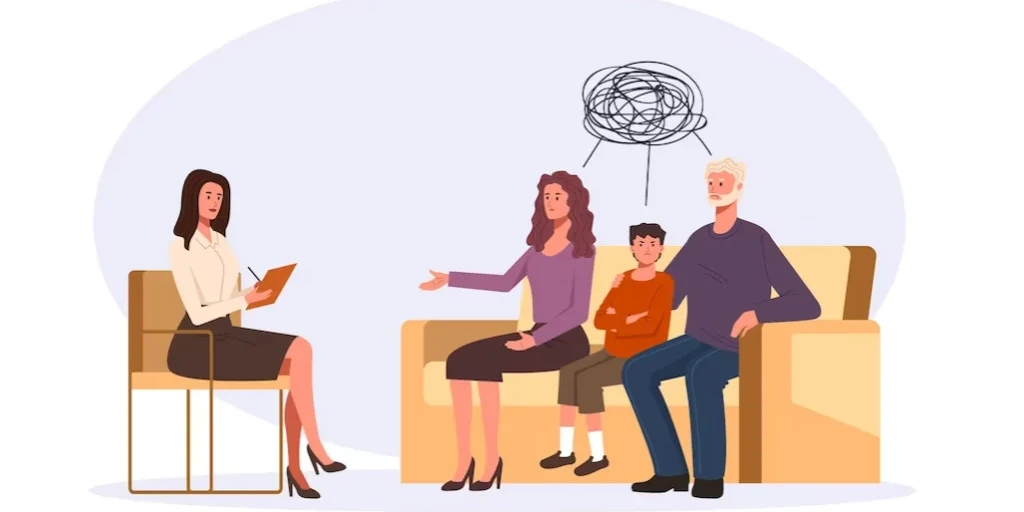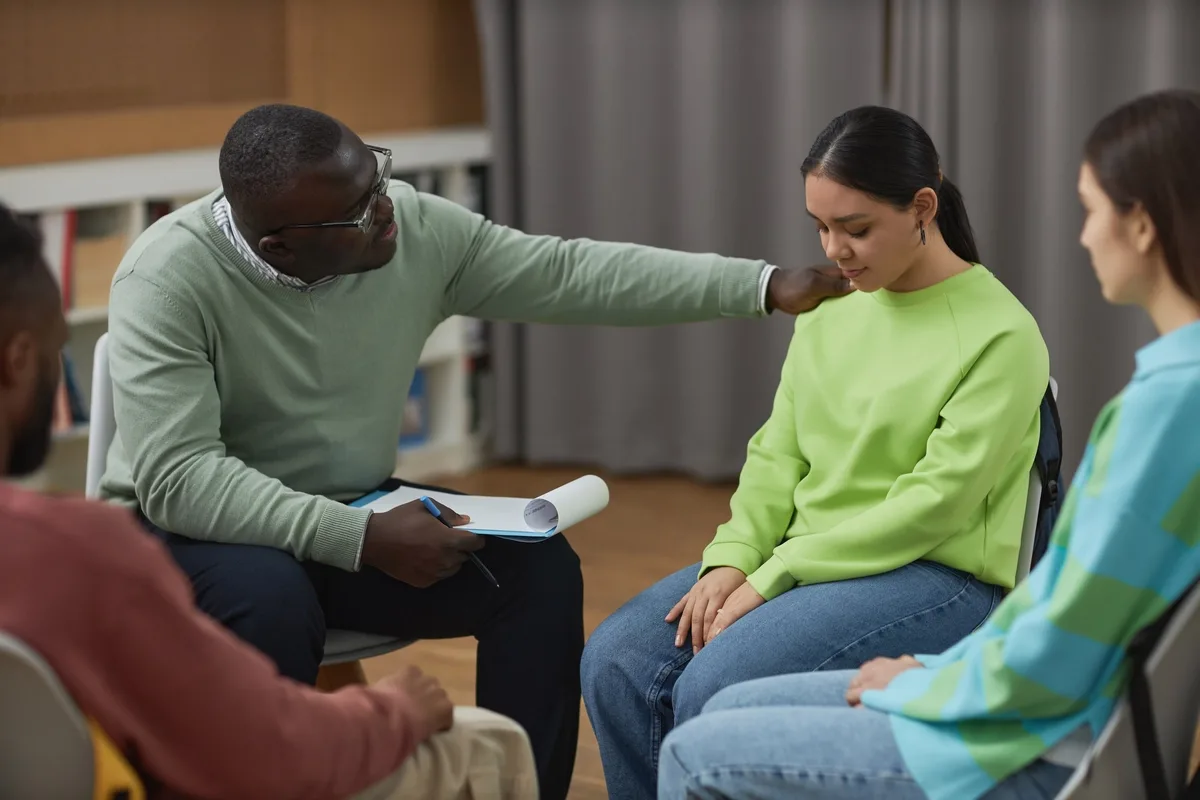24/7 Helpline:
(866) 899-221924/7 Helpline:
(866) 899-2219
Learn more about Klonopin Rehab centers in Ware County

Other Insurance Options

Covered California

Meritain

Regence

American Behavioral

MVP Healthcare

Magellan

AllWell

PHCS Network

CareFirst

Multiplan

Carleon

UnitedHealth Group

BlueCross

UMR

BlueShield

Kaiser Permanente

Oxford

Absolute Total Care

Horizon Healthcare Service

Optum

Treatment Center of America – Waycross Location
Treatment Center of America – Waycross Location is a private rehab located in Waycross, Georgia. Tre...

Unison Behavioral Health Services – St. Illa Center
Unison Behavioral Health Services - St. Illa Center is a 26 bed residential treatment program for me...

Unison Behavioral Health – Mary Street
Unison Behavioral Health - Mary Street is a leading provider of mental health, substance abuse and d...

BRC Benchmark Recovery Center
Located in Manor, Texas, BRC Benchmark Recovery Center offers alcohol and drug rehab services to men...

BRC Recovery
BRC Recovery stands as an accredited drug and alcohol addiction treatment rehab in Manor, Texas. Usi...

New Hope Ranch
New Hope Ranch is a private rehab located in Manor, Texas. New Hope Ranch specializes in the treatme...



























Bethesda Recovery
Bethesda Recovery is a private rehab located in Waycross, Georgia. Bethesda Recovery specializes in ...

AA – Alcoholics Anonymous
AA – Alcoholics Anonymous is a non-profit rehab located in Waycross, Georgia. AA – Alcoholics Anonym...

Unison Behavioral Health – Garden Gate Residential
Unison Behavioral Health - Garden Gate Residential is a women's specific 14 bed long-term residentia...

Unison Behavioral Health – Ware County Adult Day Program
Unison Behavioral Health – Ware County Adult Day Program is a public rehab located in Waycross, Geor...

Unison Behavioral Health – Ware County
Unison Behavioral Health – Ware County is a public rehab located in Waycross, Georgia. Unison Behavi...

Unison Behavioral Health – Church Street
Unison Behavioral Health - Church Street is a leading provider of mental health, substance abuse and...

Unison Behavioral Health – Williams Street
Unison Behavioral Health - Williams Street is a leading provider of mental health, substance abuse a...

Sober City – Windsor New Life Ranch
Sober City – Windsor New Life Ranch is a private rehab located in Manor, Texas. Sober City – Windsor...

Cedar Creek Recovery
Cedar Creek Recovery is a Drug and Alcohol Addiction Treatment Center focused on changing the lives ...






























